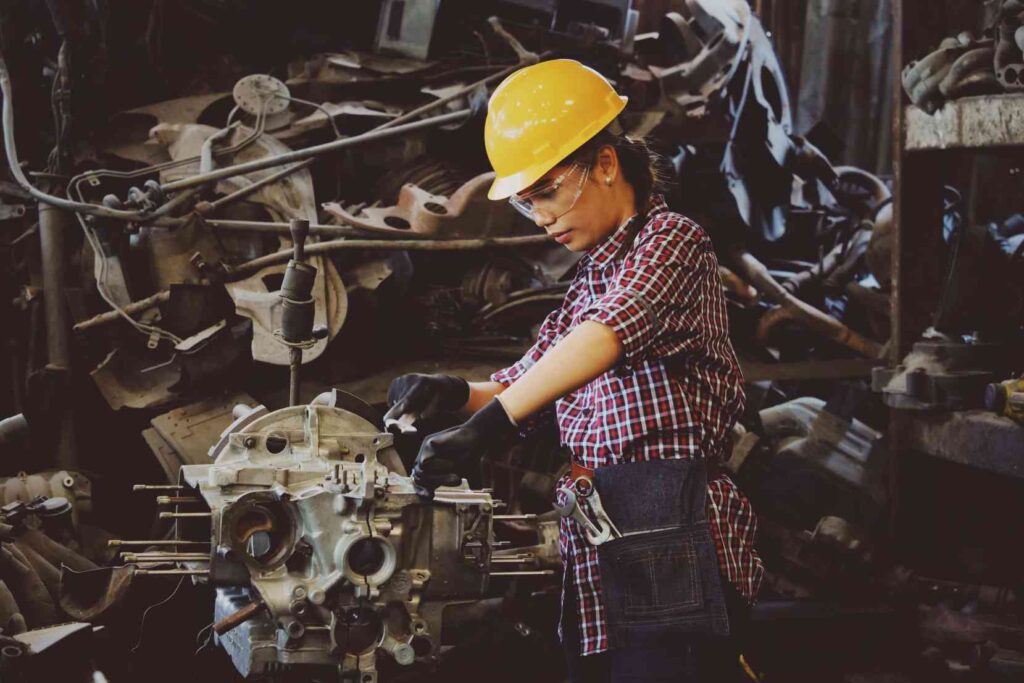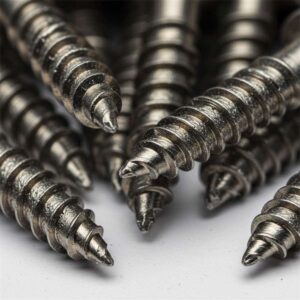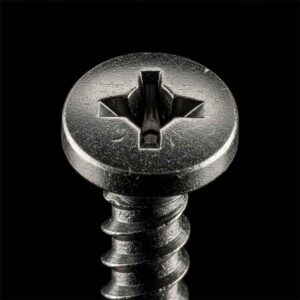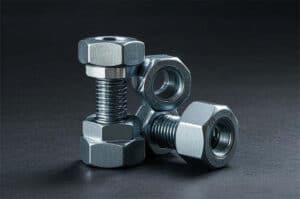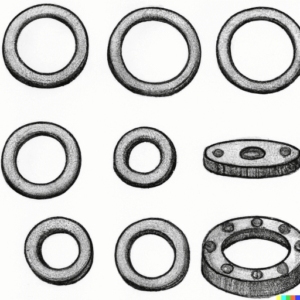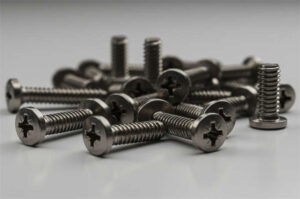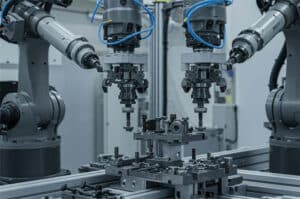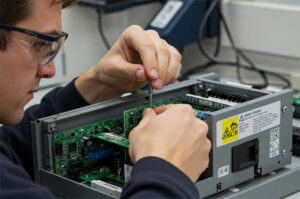Mechanical Fastening: The Components Holding the World Together
In the evolving world, as engineering and construction continue to develop further modernization the timeless innovation of mechanical fastening knows no boundaries. Each structure and machinery involved in creating systems or operations mechanical fastening is an indispensable part of our daily lives. Whether it is building a skyscraper, assembling a car, or putting together furniture at home an automatic system is present through the essential use of fasteners.
Mechanical fastening simply relies on the principle of creating a secure connection between two or more materials using fasteners. These devices have a complex variety of types, sizes, shapes, materials, etc. which vary depending on the specification of their applications.
Basic Types of Mechanical Fasteners
Screws and Bolts
Two of the most common types of fasteners which are often used in mechanical fastening are screws and bolts. The components have a similar function which is to provide a strong and reliable connection. Screws are used for its thread which can engage in the material they are driven into typically in wood, plastic, and metal. While bolts require nuts to secure connections in place and are mostly used in heavy-duty mechanical fastening.
Nails
The traditional form of fastening materials uses nails for their simple yet strong and effective connection.
Rivets
Rivets are the permanent type of fasteners which is often used in structural applications like bridges. They are inserted through aligned holes and then deformed to create a secure and unbreakable connection.
Clips and Clamps
These two fasteners use pressure to hold components together, they are commonly employed in automotive, aerospace, and manufacturing industries.
Adhesives
Adhesives play a crucial role in joining parts together wherein drilling is not an option. Modern structural adhesives are incredibly strong and be used in place of traditional fasteners in some applications.
Mechanical Fastening Applications
Construction
With the complex form of building and construction, mechanical fasteners are essential components that provide stability and safety of structural integrity.
2. Automotive
The automotive sector uses mechanical fasteners to hold various parts of engine components, suspension arms, dashboards, and amongst other things. They ensure the safety and reliability of vehicles to function and operate successfully.
3. Aerospace
Just like the automotive industry, the aerospace industry widely utilizes mechanical fasteners in most parts of its operation and systems. This sector requires precision engineering and safety of components which is a critical and intricate requirement compared to others.
4. Furniture Assembly
Household furniture relies on screws, nails, and other types of fasteners to keep its assembly sturdy and functional.
5. Electronics
Screws and fasteners are often used to assemble electronic devices like smartphones and laptops as well as common electric appliances.
While mechanical fastening is a straightforward concept, it entails an integral part of our modern world that has rich potential to shape the future. As the ongoing evolution of modernization continues to faze us with innovative solutions, mechanical fasteners surely remain a standard and essential part of our daily lives.
Partner with a reliable manufacturer and supplier of mechanical fasteners – Prince Fastener Manufacturing Co., Ltd. We carry rich experience of more than 30 years of supplying standard and non-standard fasteners around the world. Our diverse range of inventory can meet your specific requirements and demands in mechanical fastening. Contact us today for your inquiries and questions.
